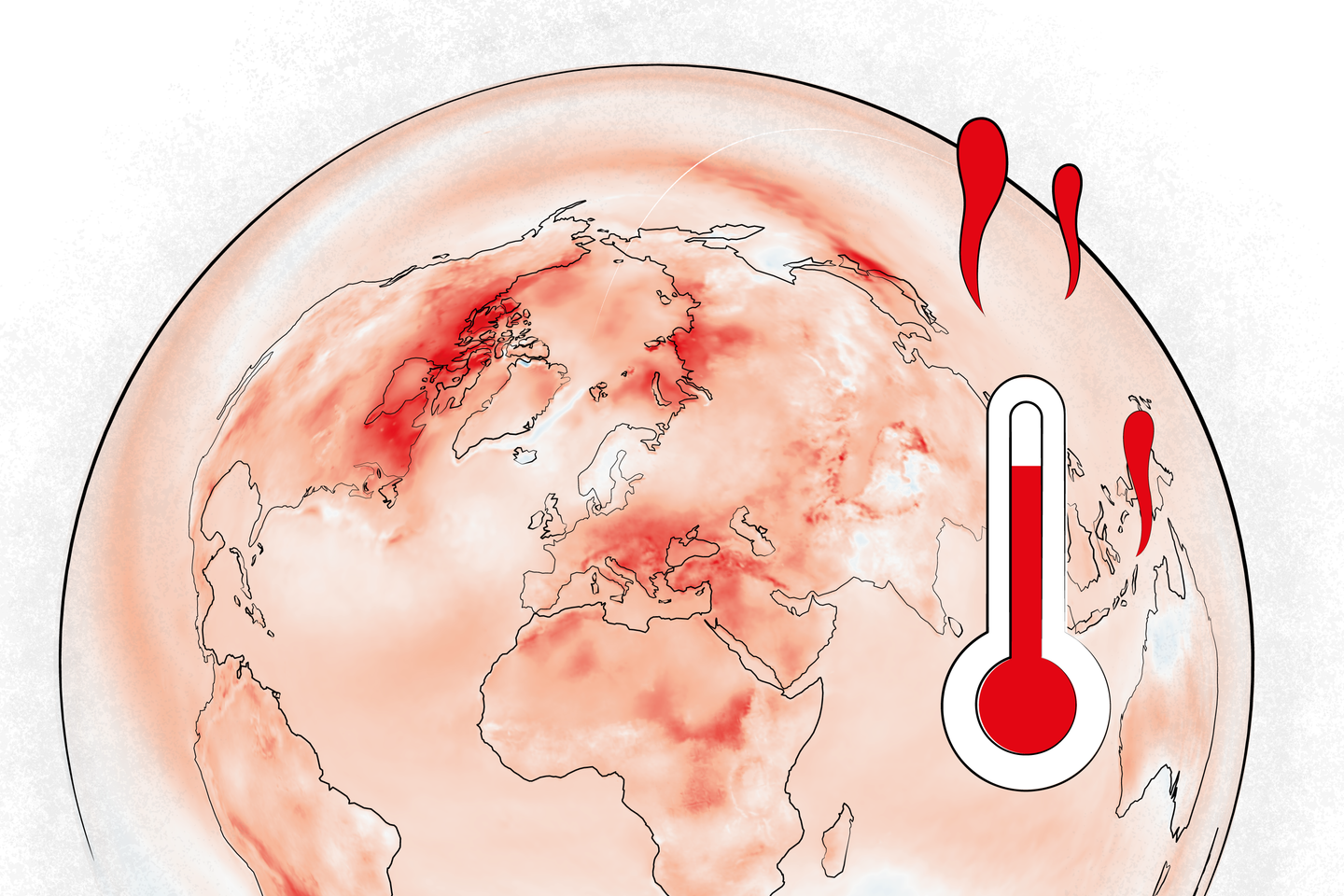


This summer was one of extremes and danger. While these adjectives may seem exaggerated from a French perspective given the gloomy weather in France over the last few months (particularly in the north), on a global scale, the period from June to August was the hottest period ever recorded. Temperatures were 0.69°C above the 1991-2020 average, slightly surpassing the previous record set in 2023, according to the latest report from the European Copernicus Climate Change Service (C3S), published on Friday, September 6.
Across the globe, from Lapland to Australia, via China and the United States, countries have suffered from heatwaves, floods, droughts and fires caused by man-made climate disruption. These calamities have affected millions of people, killed thousands and caused billions of dollars in economic losses.
With an average temperature of 16.82°C, August 2024 tied with 2023 as the hottest August on record. It continued an almost unbroken series of 15 consecutive months setting temperature records – with the exception of July, which fell short in the Copernicus dataset, but not in others like the US National Oceanic and Atmospheric Administration. August was also the 13th month in a 14-month period to exceed pre-industrial averages by 1.5°C, the Paris Agreement's most ambitious target.
"Even if it's not all year round, we're starting to live in a world at +1.5°C, a warming that's harmful for humans and many ecosystems. This brings us closer to certain tipping points," warned Davide Faranda, a climatologist at the Institut Pierre-Simon-Laplace.
Strong anomalies
This summer saw soaring temperatures across every continent. Australia experienced record-breaking temperatures in the middle of winter, reaching 41.6°C on the northwest coast. The country also just had its hottest August ever, as did Spain and some Chinese provinces. Japan and South Korea also endured historically scorching summers, on a par with 2023 levels. On July 7, more than 70 million Americans were under a heatwave alert, causing several deaths. In June, in Saudi Arabia, more than 1,300 people perished during the Mecca pilgrimage, where the thermometer reached 51.8°C
Europe also experienced its hottest summer on record, despite contrasting situations from country to country. In the west of the continent, including France, temperatures were lower than in previous years but still above normal, with two heat waves. On the other hand, in southern and eastern Europe – in Romania, Croatia, Albania, Italy and Greece – residents suffocated under a series of heatwaves that regularly approached 40°C. In Rome, the heatwave lasted up to 42 consecutive days, something never seen before. On August 16, the Mediterranean reached unprecedented temperatures, with an average of 28.56°C. This intense marine heatwave has led to fears of mass mortality among certain species, such as gorgonians, oysters, mussels and corals.
You have 64.47% of this article left to read. The rest is for subscribers only.
